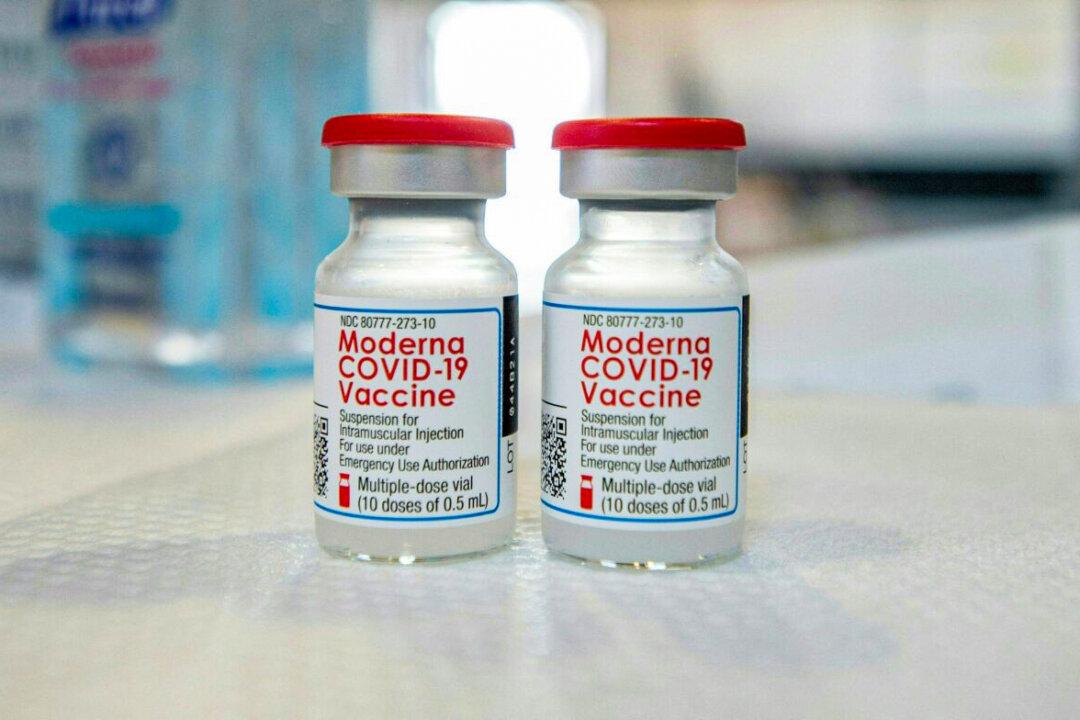A key COVID-19 vaccine case is moving to the discovery phase after a U.S. judge rejected a bid by Moderna to dismiss some of the patent infringement claims against it.
Moderna and the U.S. government, which backed the company, failed to prove that claims involving the company’s COVID-19 vaccine contract with the government should be dismissed, U.S. District Judge Mitchell Goldberg ruled on March 10.





